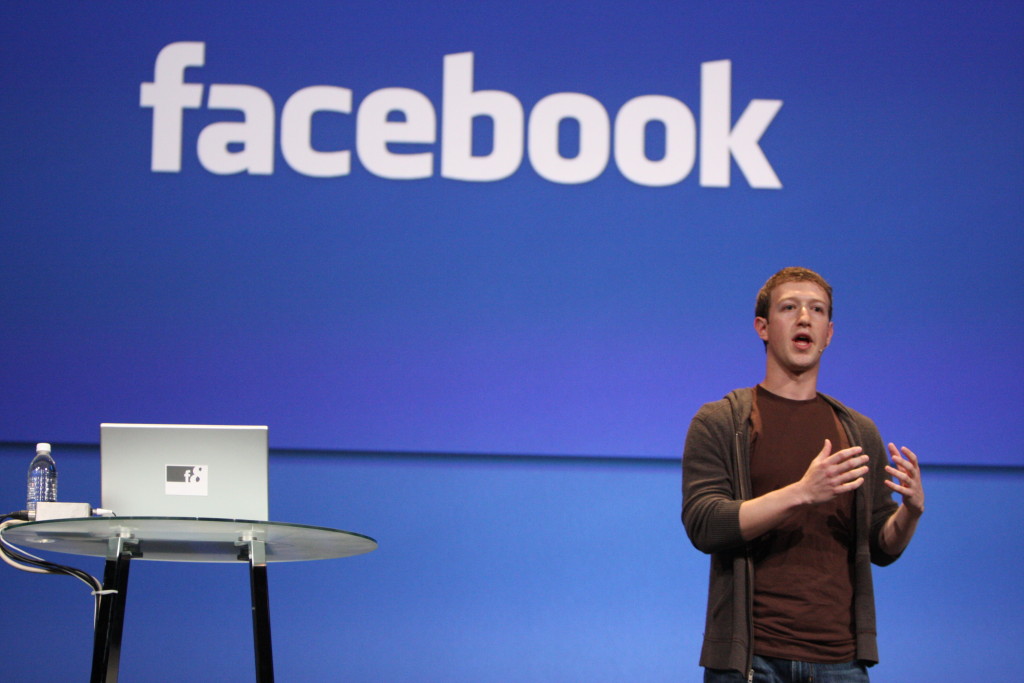China takes Facebook at face value
Mark Zuckerberg’s recent March 19th visit to China for the China Development Forum garnered much expected attention from Chinese news outlets. Many speculated that his visit could mean Facebook’s possible penetration through China’s “Great Firewall l.” It comes at a critical time when cybersecurity is one of the most prominent foreign policy issues. Though known for its large global economic presence, China still upholds stringent policies to ensure that there are fortified bureaucratic mechanisms to protect the government from sharp criticism. The Communist Party’s traditional methods of controlling public criticism have been continuously changing to keep up with the onset of the Information Age. Social media has become one of the most widely used platforms to express views such as political activism. China in recent years has cracked down on international sites that could offer new outlets for Chinese citizens to see outside criticism. Along with Twitter, YouTube, and Wikipedia, Facebook is another site that is at the mercy of China’s cyber censorship. China banned Facebook in 2009, when China accused the social networking site as acting as a platform for organizing pro-democracy riots. When trying to access Facebook, users will only see a “404” error message accompanied by the words “internet address cannot be found.”
China Development Forum was a three day conference hosted by the Chinese government. The high-profile international conference brought together top Chinese officials, international leaders, and executives to discuss concrete solutions to further common global good. Zuckerberg had the opportunity to talk to China’s Propaganda Chief, Liu Yunshan. Liu stated that "Cyberspace is the common space of mankind, and it is the common responsibility of the international community to build a 'community of shared future' in cyberspace.” He suggested that Facebook would need to work with Chinese companies in order to benefit cyberspace’s future. Zuckerberg responded with a shared positive attitude towards working with Chinese firms.
Zuckerberg’s visit was extensively covered in Chinese social media outlets such as Sina Weibo. His picture of running through the Tiananmen Square was both widely shared and mocked as people would simply comment on his physicality.
Despite Zuckerberg’s strong desire to tap into China’s large population, there are many who are satisfied without the company presence. The phonetic translation of Facebook is Feisibuke, which roughly means “doomed to die.” This pessimism towards Facebook is bolstered by other international company’s inability to successfully capture the Chinese market. For example, Whatsapp has only a small fraction of Chinese users compared to its Chinese equivalent, WeChat.
 As much as Zuckerberg hopes to conquer the expanding globalization of the social network, Facebook has run into a roadblock. His personal connection and interest in Chinese culture has not proven to make him more favorable in the Chinese eye. It may take some more time before Facebook can shake off its “doomed to die” label.
As much as Zuckerberg hopes to conquer the expanding globalization of the social network, Facebook has run into a roadblock. His personal connection and interest in Chinese culture has not proven to make him more favorable in the Chinese eye. It may take some more time before Facebook can shake off its “doomed to die” label.
